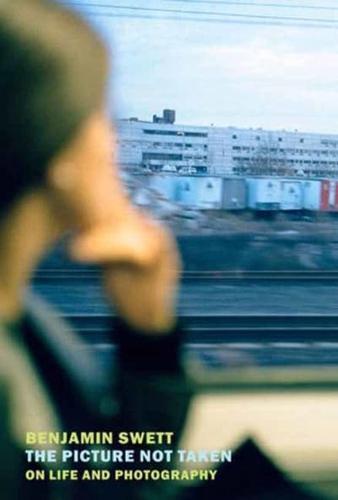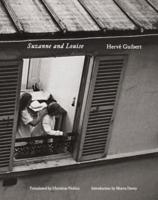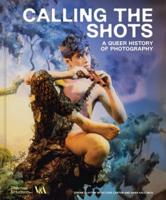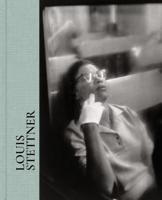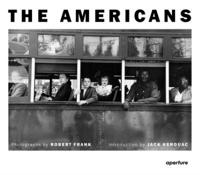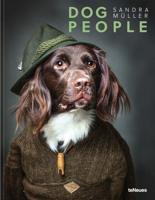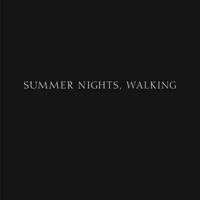Publisher's Synopsis
An ecologically minded collection of essays in the vein of Rebecca Solnit and Susan Sontag, covering everything from the equipment of photography to the difficulties of perception itself. In an age when most of us carry a device seemingly capable of freeze-framing the world, Benjamin Swett writes with refreshing clarity on the way of the true photographer. The Picture Not Taken combines cultural criticism with personal revelation to examine how the lived experience of photography can endow the mundane with meaning while bringing attention to the beauty of both the natural world and the world we build. Having photographed trees of Manhattan, Shaker dwellings, and the landscapes of upstate New York, award-winning photographer and writer Swett brings an ecological sensitivity to these expansive and profound meditations on how to document the world around us. Accompanied by nearly three dozen black-and-white photographs and illustrations, the essays in The Picture Not Taken take us from the meatpacking plants of Chicago at the turn of the last century to Coney Island to early 1980s Madrid. By turns literary criticism, art history, and memoir, they draw from writers such as Eric Sanderson, Max Frisch, and John Berger to uncover truths about a life spent in pursuit of art. In essays such as "The Picture Not Taken," "The Beauty of the Camera," and "My Father's Green Album" Swett gives us a picture of photography over generations and how we can or should relate to the mechanical devices so often fetishized by those interested in the subject. In "What I wanted to Tell You About the Wind" we understand photography's importance in understanding our place in larger environmental and social systems; and in "VR" and "Some Observations in the Galapagos" Swett challenges us to think through problems of perception and knowing central to the experience of photography, looking to the past and into our future for answers. Poignant and deftly crafted, The Picture Not Taken brings to mind the fearless ambition of Annie Dillard and the grand scope of Rebecca Solnit's Field Guide to Getting Lost. Swett's writing will appeal to readers who have enjoyed Geoff Dyer's work, and Susan Sontag's writing on photography.
